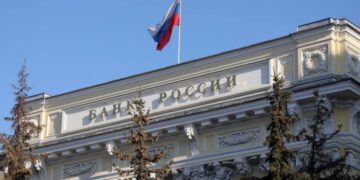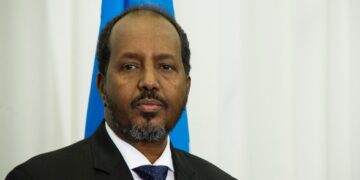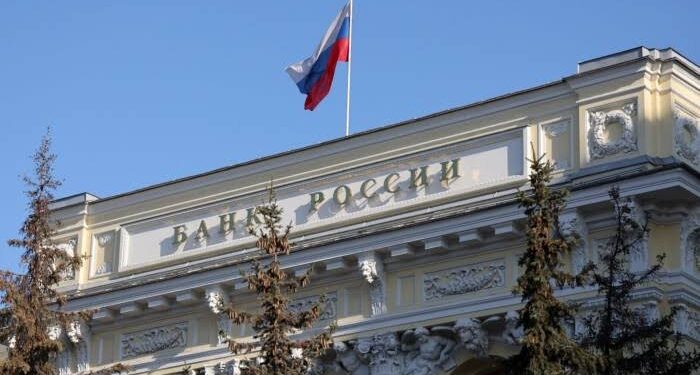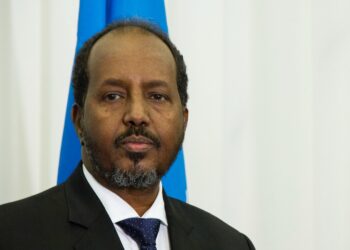By Emmanuel Nduka
Washington has proposed that working groups from the G7 are exploring ways to seize $300bn in frozen Russian assets, just in time for the second anniversary of Moscow’s full-scale invasion of Ukraine.
A Financial Times report states that while no decisions have been taken as the issue remains hotly debated inside European capitals, the acceleration of work on confiscating Moscow’s assets for Ukraine highlights its rising importance for the west.
The US plan was discussed earlier this month by both G7 finance ministers and their deputies, according to people briefed on the calls, which touched on how to develop such a policy and assess the risks involved, Financial Times reported.
The US, backed by the UK, Japan and Canada, has proposed moving forward with the preparatory work so the options would be ready for a potential meeting of G7 leaders around February 24, the date of Vladimir Putin’s 2022 offensive on Kyiv.
The three working groups proposed by Washington would examine the legal issues around confiscation; the method of applying such a policy and mitigating risks; and options for how to best channel the support to Ukraine
The trio of Germany, France, Italy, and the EU, have expressed some reservations, and the need to carefully assess the legality of confiscating Moscow’s assets before decisions are taken. Several European ministers also stressed the need to maintain high levels of secrecy over the work, according to accounts of the meeting.
Meanwhile, other options are being explored in western capitals. They include direct confiscation and spending the Russian central bank assets, and tapping the proceeds from the frozen assets or using them as collateral for loans.
So far, the EU has stopped short of seizing the Russian assets themselves, instead exploring ways to skim off profits generated for financial institutions such as Euroclear, where €191bn in sovereign assets are held.
Washington has so far not publicly backed seizing Russian assets. But the US privately circulated a discussion paper this year within the G7 suggesting seizures of Moscow’s frozen assets would be lawful as “a countermeasure to induce Russia to end its aggression”.
On its part, Europe where the majority of the assets are held, is much more wary, fearing the possible implications for financial stability as well as retaliatory action from Russia.
Italy, which takes over the G7 presidency in 2024, is among those worried about potential retaliation on its companies active in Russia, something that Moscow has already threatened to do. Russia has also warned it would cease diplomatic relations with the US in response to any asset confiscation.
On several occasions, the G7 was able to overcome differences among its members on economic measures against Russia over the past two years, including on the initial sweeping sanctions package, and on setting a price cap on Russian crude.




































